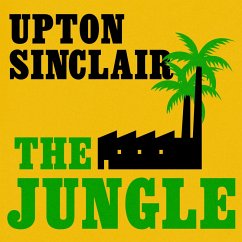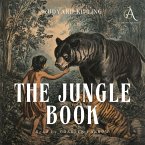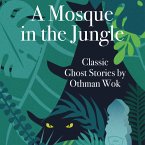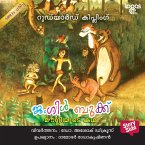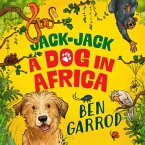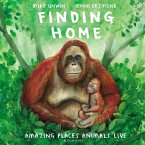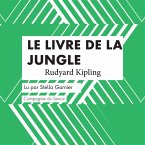'The rich people not only had all the money, they had all the chance to get more; they had all the knowledge and the power, and so the poor man was down, and he had to stay down.' First published in 1906, The Jungle is Upton Sinclair's searing indictment of industrial capitalism and one of the most influential works of American literature. Set in the grim meatpacking district of Chicago, The Jungle follows Jurgis Rudkus, a Lithuanian immigrant, as he navigates the brutal realities of the American Dream. What begins as hope for a better life quickly unravels into a harrowing struggle for survival amid exploitation, poverty and corruption. Sinclair's vivid, often shocking depictions of labour abuse and unsanitary working conditions sparked public outrage – and directly led to sweeping reforms in American food safety laws. At once a powerful piece of social critique and a deeply human story of endurance, The Jungle remains a landmark novel whose urgency and relevance have endured well into the twenty-first century. Upton Sinclair (1878 – 1968) was an American novelist, journalist and political activist. Part of the mudracker writers of the early twentieth century, Sinclair was a member of both the Socialist and Democratic parties, and used his writing as a vehicle to ignite positive social change. His writing spanned several genres, but he is best known for his novel, The Jungle, and his Pulitzer Prize-winning work, Dragon's Teeth.
Bitte wählen Sie Ihr Anliegen aus.
Rechnungen
Retourenschein anfordern
Bestellstatus
Storno

